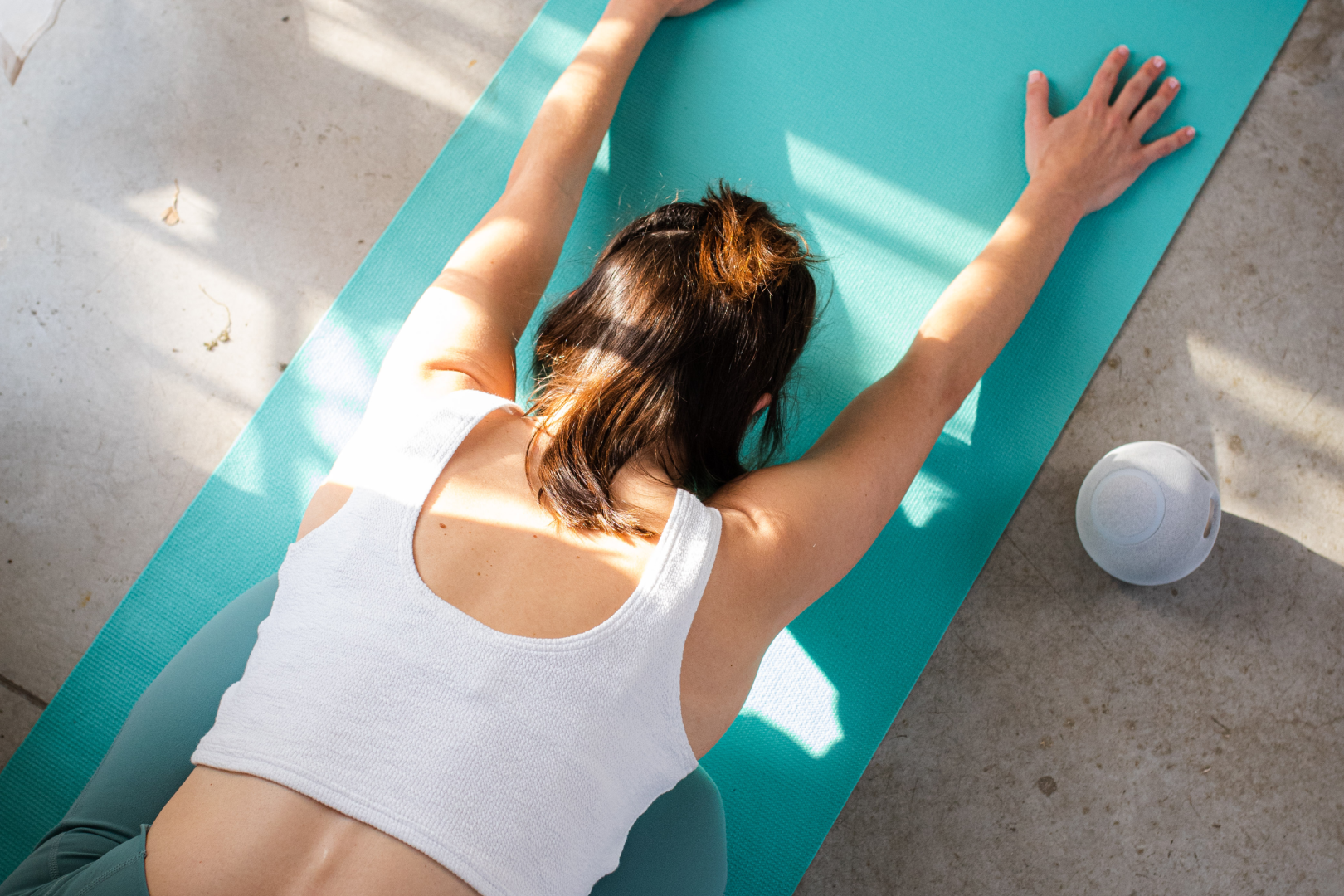There is nothing quite like waking up in the morning in a good mood: feeling positive, productive, and excited for the day ahead. Sometimes, we can’t help but wake up in a bad mood, perhaps because of a poor night’s sleep or if we’re feeling under the weather. However, how do we maximize the potential of waking up in a good mood?
There is evidence to suggest, as found in this Huffington Post article, that people who wake up earlier and in a better mood tend to be more conscientious, nicer, more productive, and less prone to depression than those who like to lie in and wake up fatigued.
We can make certain habits before bed and as soon as we wake up that can help us feel happy for the day ahead. This post will outline five habits to wake up happy.
1. Go To Bed Early
Experts determine that the optimal amount of sleep per night is between 7-9 hours. It’s hard to maintain a good mood if you’re just not getting enough sleep! Similarly, it’s better if the quality of your sleep is good, too.
So, try and avoid anything that will stimulate your mind before bed, like drinking caffeine, checking emails, or working late.

2. Turn Off Your Electronics
Electronics can harm the quality of your sleep. The Sleep Foundation recommends having a technology-free bedroom if it’s possible. If you simply can’t avoid having some form of technology in your room, make sure to turn it off at least an hour before you go to bed.
Studies have shown that our body is incredibly receptive to light and dark: light means it’s time to wake up, and dark means it’s time to be asleep. Having your electronics light up before you fall asleep and throughout the night can affect our sleep schedules, making it harder to get that needed quality of sleep.
3. Wake Up Naturally
Turn off the alarm clock and embrace waking up to the sun. Our bodies are naturally receptive to light and dark because our circadian rhythms are influenced by light.
If we allow our bodies to wake up as the sun rises, when we can, our bodies will be able to do it more naturally, and it’ll be a much easier experience to get up in a good mood.
4. Create a Sleep Schedule
As we’ve mentioned, our bodies have a circadian rhythm. We can help influence this to work optimally by creating a sleep schedule and sticking to it every day, including weekends. This is explained by Dr. Jim Horne from Loughborough University’s Sleep Research Centre for the Telegraph, when he argues: “Waking up suddenly from deep sleep produces the worst form of sleep inertia when the brain’s higher decision-making centers will take several minutes to switch on, especially in young adults.” Creating a good sleep schedule will also mean we have to go to bed at the same time every day if we can.
5. Exercise
Exercise helps you sleep. There is strong evidence to support this: it improves sleep quality and enables you to fall asleep much faster. So, if you can fit it into your schedule, try and get active for an hour a day. This doesn’t have to be anything strenuous: simply going for a long brisk walk will help!
Waking up in a good mood can truly enhance the general feeling of your whole day. You feel more alert, positive, and productive - which can only mean great things for the day ahead! To maximize the likelihood of you waking up in a good mood, there are several things that can help, like exercise, creating a sleep schedule, waking up naturally, turning off electronics, and going to bed early.






